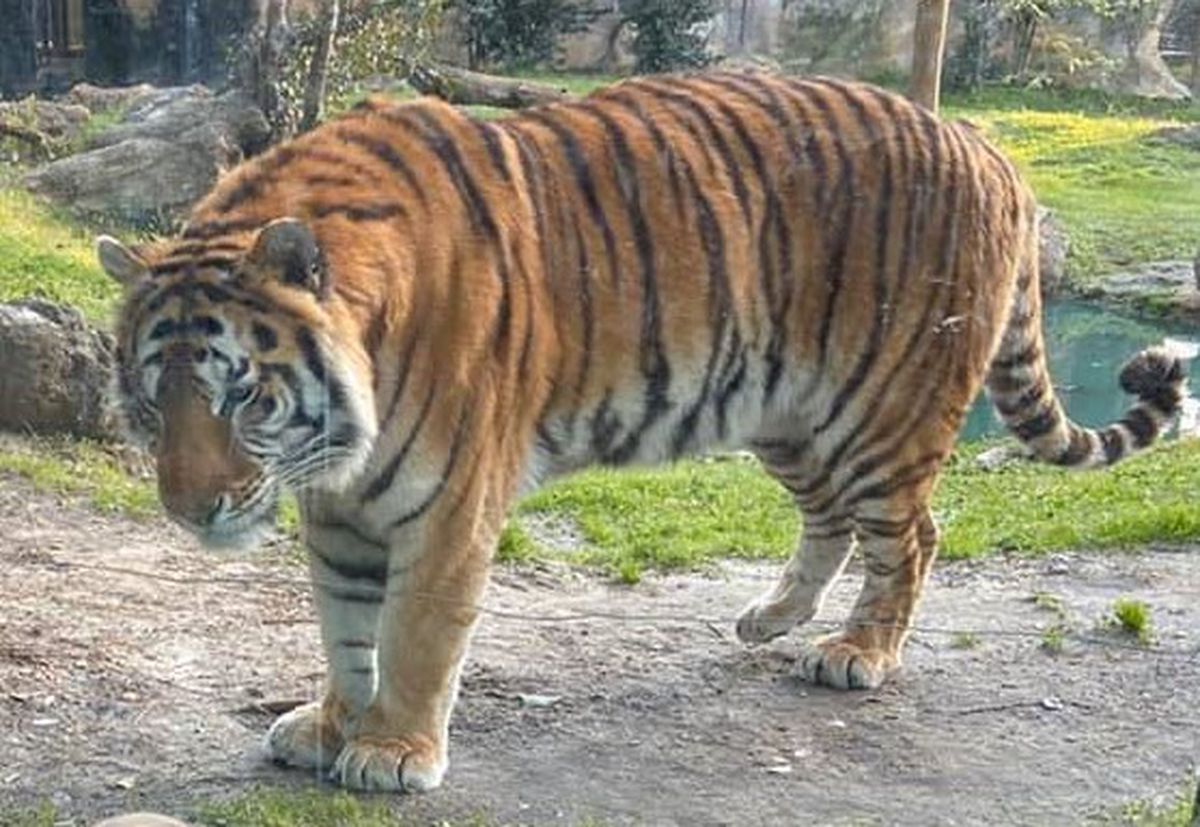The United States Department of Agriculture’s (USDA) National Veterinary Services Laboratories has confirmed that a 4-year-old female Malayan tiger at the Bronx Zoo in New York has tested positive for SARS-CoV-2 the virus that causes Covid-19 in humans.
The tiger, named Nadia, is deemed to have been infected by an asymptomatic zoo keeper, representing the first known case in which an animal has been infected with Covid-19 in the US.
The coronavirus that causes Covid-19 was first detected in humans late last year, and is thought to have originated from wildlife, passing to humans via a live animal market in the Chinese city of Wuhan.
Royal Agricultural Show Cancelled Amidst Ongoing Coronavirus Threat
The pandemic has since been driven by human-to-human transmission, with over 1,000,000 confirmed cases in about 209 Ccountries and territories around the world, including Nigeria. But now the infection of Nadia raises new questions about human-to-animal transmission.
The World Organization for Animal Health says studies are in progress to understand the issue more and urges anyone who has become sick to limit contact with pets.
Coronavirus Bogged Down Agricultural Products’ Trade
Nadia, along with some other lions and tigers at the zoo, started showing symptoms of respiratory illness, including a dry cough, late last month after exposure to the employee.
Paul Calle, the chief veterinarian at the zoo said that the big cats have shown some decrease in appetite but are otherwise doing well under veterinary care, and are bright, alert, and interactive with their keepers.
Calle narrated that they “tested the cat [Nadia] out of an abundance of caution” and would ensure that findings were shared with other zoos and institutions researching the transmission of Covid-19, so as to further the world’s growing understanding of the coronavirus.



